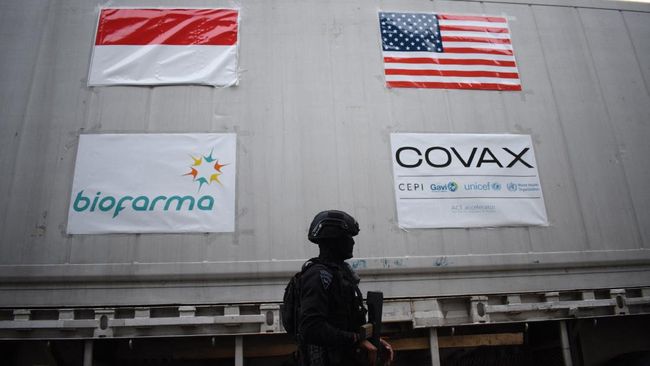Teachers in the Pontevedra area received the first citations yesterday afternoon to receive the vaccine this morning. The first problems were generated when several teachers received the vaccine from the same center and the first problems began to be generated when attending to the students.
Long queues began to form at the Montecelo Hospital and you wait because the vaccines did not arrive and the explanations either. It was not known what was happening. As the morning progressed, the information was arriving little by little while the calls of teachers to Radio Pontevedra continued explaining the mess that had been mounted with the delays.
At midmorning, the Manager of the Sanitary area, José Ramón Gómez, acknowledged that there had been an error in the shipment from Santiago of the vaccine, because the teachers who are going to be vaccinated are those under 55 years of age with the AstraZéneca vaccine and that vaccine had not arrived first thing in the morning, it arrived after eleven in the morning.
Meanwhile, the Minister of Health, Julio García Comesaña and the Minister of Education, Román Rodríguez, presented the details of this vaccination and affirmed that all teachers under 55 years of age will be vaccinated with the first dose at the end of next March. It is the objective set in the vaccination plan for teachers presented this Tuesday by the Department of Health, with which it seeks to release the available doses of the vaccine as soon as possible. ‘AstraZeneca’, according to the parameters set by the Interterritorial Health Council and the Xunta itself.
The process, which will cover about 50,000 Galician teachers, will schedule citations in alphabetical order and will prioritize the stages that, due to the characteristics of the teaching modality, maintain a closer interaction with the students.
Thus, according to Julio García Comesaña, the intention is to start with teachers ‘of the smallest’, in early childhood education and attention to special needs, and then vaccinate in parallel primary and secondary teachers.
The university professors would remain “for the end,” he added, since they are not currently listed in the priority document of the Ministry of Health.
Sanidade has framed this process in the sufficient supply of ‘AstraZeneca’ vaccines, which allows ‘opening the opportunity’ to reach citizens who are framed within the parameters established for this alternative (under 55 years of age).
For this reason, this age group will be prioritized and teachers will be cited by health areas, in alphabetical order and in hospitals close to where they work.
In parallel, the vaccination line for people over 80 years of age will be maintained in health centers, urban centers and county capitals with CAP. Teachers, for their part, fall into the so-called ‘group 6’, which will later be expanded with the troops of the State security forces.
The objective of Sergas is to ensure that about 50,000 teachers have the first dose of the vaccine administered ‘around the end of March’, in order to then be able to advance in the process for those over 55 years of age.
In the event that the parameters and criteria set for ‘AstraZeneca’ are modified, Sanidade will update the vaccination plans.
This same week, the screening of university students will also start, which will take place between this Saturday and Tuesday. Comesaña has indicated that it will be carried out by health area and “probably with antigen tests” in high-capacity devices, and that the appointments will begin “shortly.”
Regarding the balance of vaccination, currently groups 1 and 2 are vaccinated ‘almost 100%’ so that 58,000 Galicians have two doses of the vaccine and about 170,570 with at least one. Likewise, the process to administer the first dose to group three is almost complete and it has already started with group 4 and 5, large dependents and those over 80 years of age.
The councilor for Health has also referred to the fact that PCR positivity continues to record “good data” and a new drop, and that this Monday reflected a “favorable” incidence of 200 to 14 days.
–


